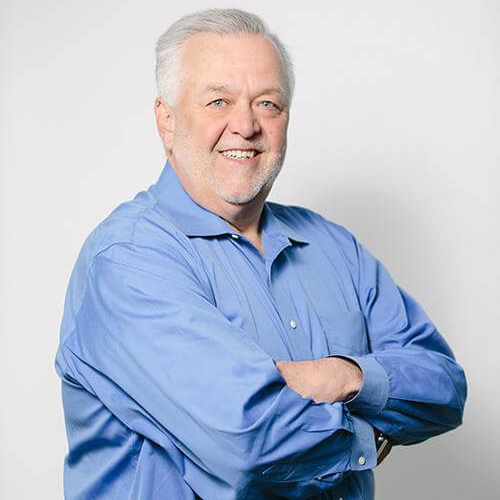One of the signs that someone is aging is that they simply can’t do some of the things that they used to do. When that comes to their financial decisions, it may manifest itself in their investment choices, bill paying or some sort of financial deal or scam that may not have been in their best interests. To prevent this from happening to yourself or a loved one, you may want to consider these courses of action.
First is to get organized. The first step of getting organized is to have a complete listing of all assets and liabilities. People of all ages frequently forget about certain investments or bank accounts as they initially compile this list. This may be really important for personal items that are stored in the house or other valuable items that they have stored in various locations.
Shares of company stock where the investor actually holds the stock certificate is a common occurrence with elder clients. It’s simply the way that they always did it. Their portfolios frequently consisted of a few companies where the stock certificates sat in their home or bank vault. These holdings sit in a box and frequently don’t ever come into the conversation as long as your elder friend receives their quarterly-end dividend check. These assets are often ignored in terms of their suitability for the elder investor nor are they factored into any overall asset allocation that an investment professional may be designing for them. I’ve worked with elder clients who’ve held stock certificates where the certificate stated that they owned 1,000 shares, but in reality, they owned many more than that because of stock splits over the years. These clients were understating their net worth by hundreds of thousands of dollars. While some would consider this a good problem to have, it may bring imbalance to the portfolio, or an estate tax that no one had anticipated. These certificates are sometimes in the names of deceased spouses or the elder person directly. This can be inefficient from an estate planning perspective.
I’ve worked with elder clients who’ve held stock certificates where the certificate stated that they owned 1,000 shares, but in reality, they owned many more than that because of stock splits over the years.
Elders often have many more accounts than they need. Perhaps they feel that this gives them safety or they are not familiar with current FDIC or SIPC limits for protection. But in either case it is once again inefficient. It may be wise to advise your elder client to consolidate these accounts and actually have as few accounts as legally possible.
Help your elder friend establish a system of monitoring their financial situation. This means a regular review of their statements, as well as their cash flow. Hire a professional to work with and review accounts on a regular basis and help prepare a statement of cash flow no less than annually. You may also want to help your elder set up automatic bill pay for certain routine bills so they do not fall through the cracks.

